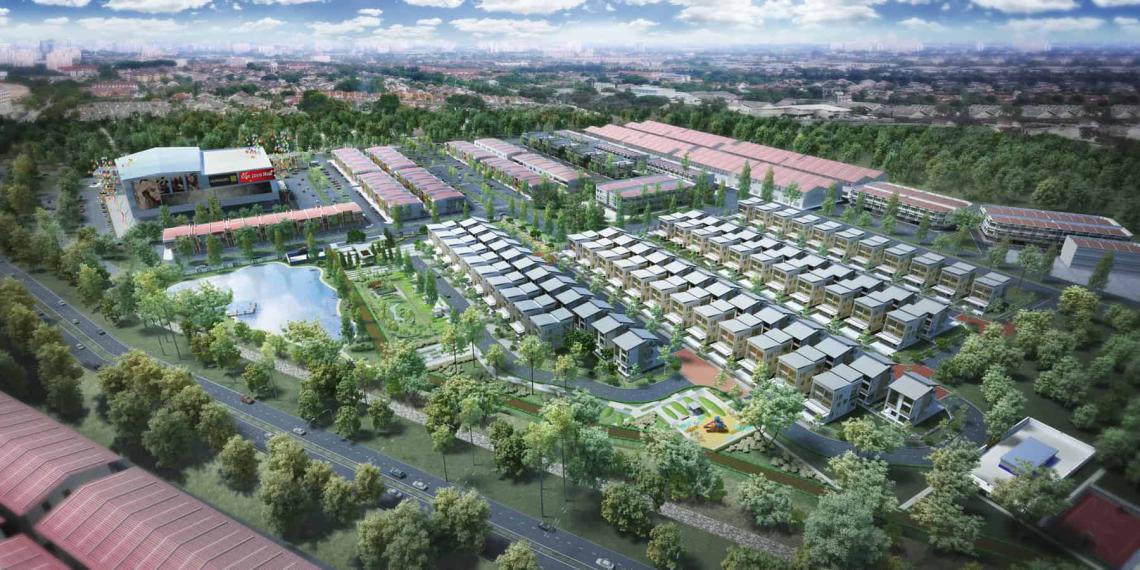How Can Satellite Data Be Used to Improve Urban Sustainability?
Urban sustainability has become a critical concern in today's rapidly growing cities. With increasing populations, urbanization, and environmental challenges, cities are facing immense pressure to become more sustainable and resilient. Satellite data has emerged as a powerful tool that can provide valuable insights and information to enhance urban sustainability.

Satellite Data For Urban Planning And Management
- Land Use and Zoning: Satellite data can be used to monitor urban expansion and land use patterns, helping cities identify areas suitable for development and conservation.
- Transportation Planning: By analyzing traffic patterns and congestion, satellite data can aid in optimizing public transportation routes and infrastructure, reducing traffic and emissions.
- Environmental Monitoring: Satellite data can detect air pollution levels and sources, assess water quality, and identify pollution hotspots, enabling cities to take targeted action to improve environmental conditions.
- Urban Heat Island Effect: Satellite data can identify areas prone to the urban heat island effect, allowing cities to develop strategies to mitigate urban heat and improve thermal comfort.
Satellite Data For Urban Resilience
- Disaster Management: Satellite data can monitor natural disasters such as floods, earthquakes, and wildfires, providing real-time information to aid disaster response and recovery efforts.
- Climate Adaptation: Satellite data can identify areas vulnerable to climate change impacts, such as sea-level rise and extreme weather events, helping cities develop adaptation strategies to enhance resilience.
- Urban Agriculture: Satellite data can identify suitable areas for urban farming, monitor crop health, and optimize irrigation, supporting local food production and reducing the environmental impact of food transportation.
Satellite Data For Urban Services
- Energy Consumption Monitoring: Satellite data can track energy consumption patterns, identifying areas with high energy demand and enabling cities to implement targeted energy efficiency measures.
- Water Management: Satellite data can monitor water distribution and leakage, helping cities optimize water conservation efforts and reduce water losses.
- Waste Management: Satellite data can identify illegal dumping sites and optimize waste collection and disposal routes, improving waste management efficiency and reducing environmental pollution.
Challenges And Opportunities
- Data Accessibility and Integration: Ensuring timely access to satellite data and integrating it with other urban data sources are key challenges that need to be addressed.
- Data Analysis and Interpretation: Developing advanced data analysis techniques and training urban planners and decision-makers in data interpretation are crucial to unlock the full potential of satellite data.
- Public Engagement and Awareness: Raising awareness about the benefits of satellite data and engaging citizens in urban sustainability initiatives can foster a sense of ownership and support for data-driven decision-making.
Satellite data holds immense potential to transform urban sustainability. By providing valuable insights into urban dynamics, environmental conditions, and resource consumption, satellite data empowers cities to make informed decisions, implement targeted interventions, and monitor progress towards sustainability goals. As technology continues to advance and data accessibility improves, satellite data will play an increasingly critical role in shaping sustainable and resilient urban environments.
YesNo

Leave a Reply